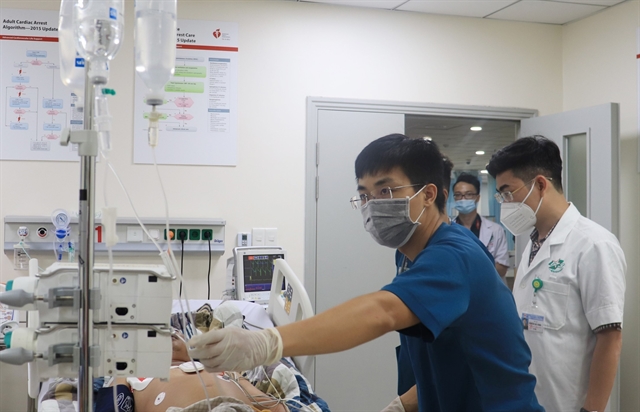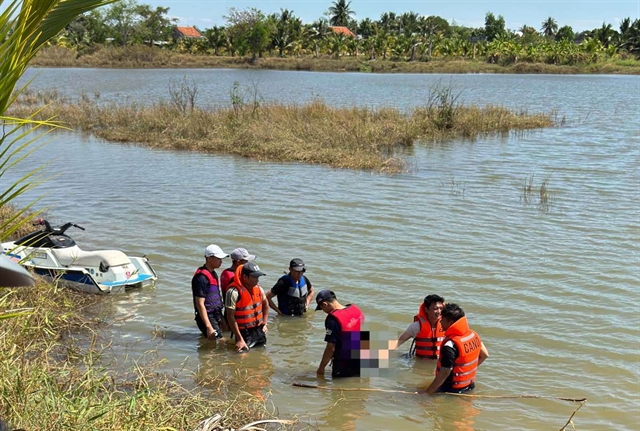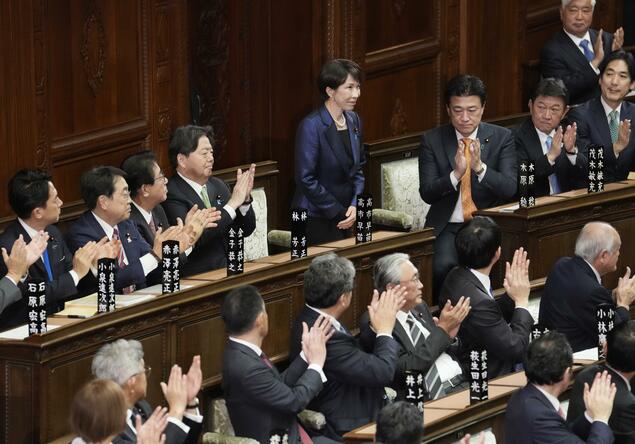 Society
Society

 |
HCM City’s hospitals and health-care facilities have been urged to enhance control of hospital-acquired infections. — VNA/VNS Photo
HCM CITY — HCM City’s hospitals and health-care facilities have been urged to enhance control of hospital-acquired infections (HAIs) that can result in hospitalisation, mortality and healthcare costs.
The municipal Health Department said it would tighten inspections of regulations on hospital-acquired infections at health-care establishments to ensure safety for patients by preventing such infections.
The department has ordered hospitals and health-care facilities with more than 150 beds in the city to establish a council or department for the supervision of hospital-acquired infections.
The council, which assigns responsibilities to each member, must have regulations on infection control.
Health-care establishments with less than 150 beds must have a specialised unit which must assign at least one person working full-time to be in charge of healthcare-associated infection control.
Clinics and hospitals are also required to ensure disinfection and sterilisation of all medical instruments before use in accordance with regulations.
They must also have a supervisory unit to oversee the medical staff’s compliance with professional infection control procedures.
They will be suspended if found to have violated rules or failed to ensure control of hospital-acquired infections under the regulations.
Hospital-acquired infections or nosocomial infections (also called health-care-associated infections) are a major safety concern for both health-care providers and patients.
To be considered nosocomial, the infection cannot be present at admission. Rather, it must develop at least 48 hours after admission, which could lead to serious problems such as sepsis and even death, they said.
Many nosocomial infections are preventable through guidance issued by health authorities such as the Ministry of Health.
Studies have shown that nosocomial infections are associated with excess length of stay, a great deal of morbidity and mortality, and increase healthcare burden.
The risk of a nosocomial infection is higher for older people, people having greater length of hospitalisation, those with excessive or improper use of broad-spectrum antibiotics, and those with comorbidity.
According to a report by the World Health Organization (WHO), the rate of nosocomial infections in the world accounts for 5-10 per cent of hospitalised people. The figure is from 35.2 to 44 per cent at intensive care units. — VNS




